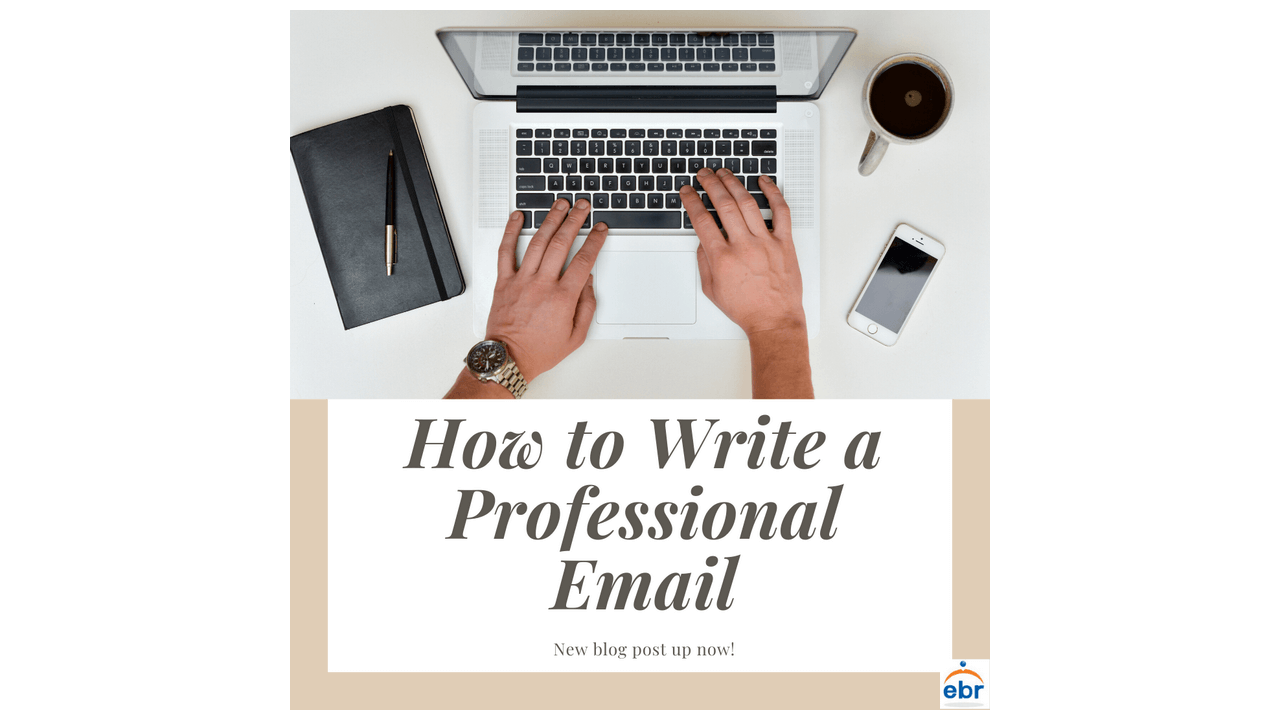How to Write A Professional Email
With many forms of communication in the workplace, emails are often overlooked as an important medium of communication. However, writing an effective email is still an important skill to learn because a large portion of communication in the current workforce comes from emails. So if you are wondering how to write emails well, then keep on reading.
Write a good subject line
Subject lines are the first thing receivers see when they get your email, so try to make the subject line meaningful so that they can take your email seriously and also have a good indication of what the email will be before they open it. If they are able to distinguish what the content of your email is from the subject line, then they can easily see whether your email is worth opening up immediately. This will lead to better prioritisation as they will know which emails to look at first. For example, having an email titled “meeting room confirmed for next Monday” is far more useful than “the room you wanted”, “confirmation done” or “[blank]”.
Make sure you identify yourself
Not all workers are close friends who know each other well. So if you are going to send an email to another worker, then send from an email that has your name in it so that the recipient can identify who you are before they open the email. If you do not have an email that clearly identifies who you are, then make up for it by introducing yourself in your opening statement. Try not to leave the recipient guessing as they are likely going to lose interest or not open up the email at all.
Keep the message concise
We all know that workers tend to lead busy lives, with emails coming through multiple times a day and other duties to perform. Because of this, workers often have relatively short attention span. Thus, keep your message concise and straight to the point, focusing mainly on your purpose of writing the email, using dot points and short paragraphs if possible, and try not to add too many attachments. All of these tips will make sure your recipient understands the scope of your email without losing focus, which will lower chances of mistakes and miscommunication.
Be polite
While we have just mentioned the importance of keeping messages brief, it is equally as important to be polite. Be concise, but not so blunt that you may come off as rude. For example, you would rather say, “Please tell me the security answers for the website. Thank you.” than “give me the security answers.”
Edit your email before sending
Regardless of who you are writing for, proofreading is always essential. This is particularly important in the workplace as a simple miscommunication can lead to greater errors later on. So always look over your email once when you are done and edit your structure or any phrases that may be interpreted the wrong way.



